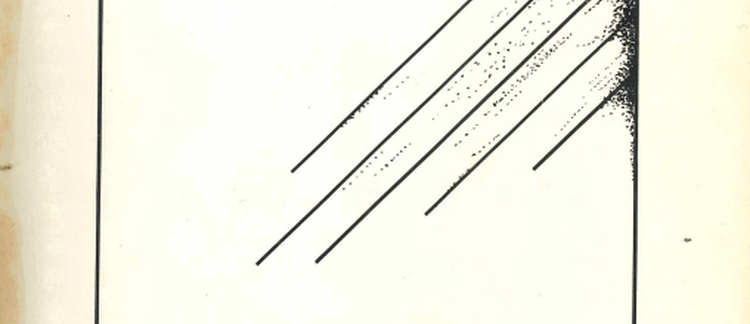Abstract
This article deals with the cultural policy implemented with in the system of cultural autonomy as embedded in the third (1970) revision of the constitution. Cultural autonomy and cultural policy are both approached from the vantage point of the concept of "institutionalization". That concept focusses on the conditions under which social relations come to be viewed as problematic. It sensitizes us to the ways in which the problematic character is expressed and subsequently "solved" through processes of planned and unplanned change. Central to the concept is that such "solutions" evolve within a given institutional order which can, in its turn, create new problems. A postulate is advanced, i.e. that the heritage of former institutional solutions to ideological and socio-economic conflicts has been of crucial importance to the evolution of cultural autonomy. In other words, cultural autonomy has been more deliniated by the need for pacification and preservation of the prevailing political system than by the need for the "development of the cultural identity of the Flemish people". The latter functions principally as legitimation on the level of political rhetoric. The existing "tribal life" as expressed in the "verzuiling", has been re-confirmed and chosen as a starting point for cultural policy. A first paragraph shows us how cultural autonomy has been restrained within the established power relations. This manifests itself in the growing influence of political parties when formulating or resolving problems, in the fragmentary nature of solutions, shuttling ambiguously between a federal government and autonomy, and last but not least in the preponderating concern for the protection of philosophical and ideological tendencies as they appear in the Cultural Pact. The second paragraph covers the Cultural Pact and a number of normatieve decrees defined as problematic by consumer's associations. Originally meant as a safeguarding of the liberal "minority" in Flanders and subsequently bent for protection of all philosophical and ideological tendencies, the Cultural Pact promotes a further politization and'verzuiling1 of cultural policy. The vertical pluralism in the cultural field is completed in the horizontal pluralistic organs, in which representatives of confessional-political groups are co-opted. The acts formalising the Cultural Pact has influenced the contents of the normative decrees. In the third pargraph attention is drawn to the structural processes determining both cultural autonomy and cultural policy. In contradistinction to the ideological and socio-economic oppositions, the community oppositions are not institutionalized. This means, among other things, that the confessional-political groups, as exponents of ideological oppositions, occupy precisely that area that is of crucial importance in political decision-making i.e. the area in which the execution of decrees, laws and regulations and the establishment of government ways and means is organized. That is why the solution to problems clearly introduced as community problems does not take shape from the "communities" but from the "zuilen". The so-called "Flemish identity" is immediately re-cast in the mould of the philosophical-ideological oppositions.
How to Cite:
Billiet, J., (1981) “Cultuurautonomie: institutionalisering van culturele identiteiten?”, Tijdschrift voor Sociologie 2(3-4), 15–62. doi: https://doi.org/10.21825/sociologos.85792
Downloads:
Download PDF
View PDF


